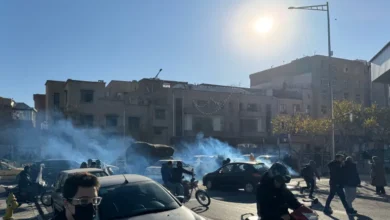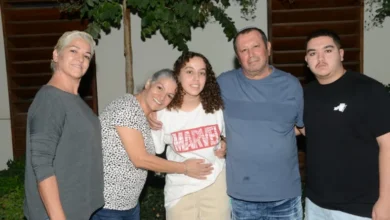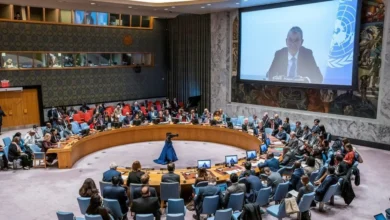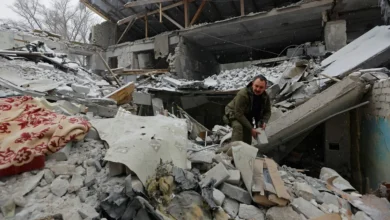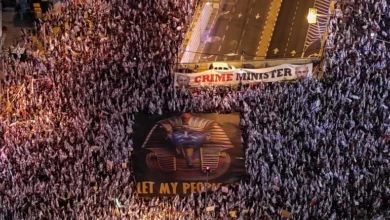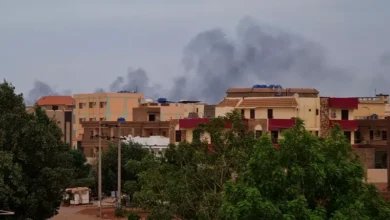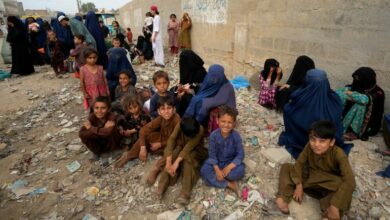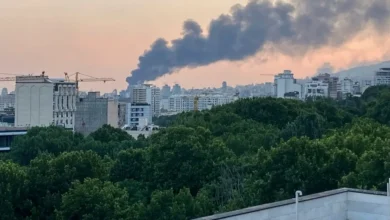Shadows of unwanted pregnancies loom large before Sudanese rape victims as war rages
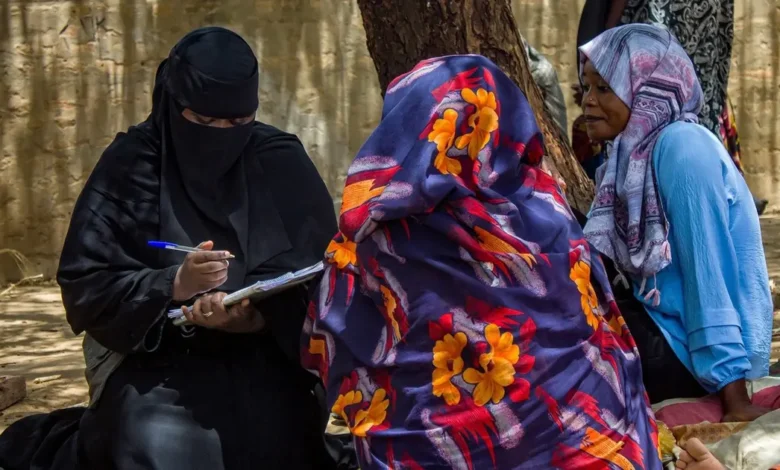
For 26-year-old Alaa (name changed to protect the identity of the victim), it was one of the most special moments of her life as she gave birth to her child in Sudan’s North Kordofan late this June.
Yet, little did she know that her joy and excitement over motherhood would be too short-lived, raped as she was, just two weeks after the childbirth.
“She was shivering when she came to us, in a state of complete shock,” Sara Abdelrazig, head of implementation at Save the Children, an NGO, in North Kordofan, said.
Alaa is one of several hundreds of women subjected to rape and sexual violence in Sudan since the war broke out on April 15 between the Sudanese Armed Forces (SAF) and the paramilitary Rapid Support Forces (RSF).
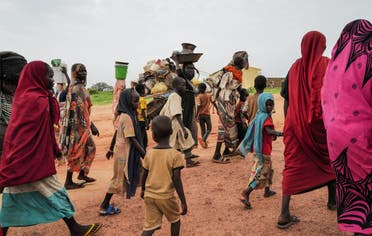
The conflict erupted as a result of rising tension between SAF leader General Mohammad Fattah al-Burhan and RSF leader General Mohamed Hamdan Dagalo, known popularly as “Hemedti,” over plans to transition to a civilian rule, following their joint coup in October 2021 that ousted the then civilian Prime Minister Abdalla Hamdok.
Due to the war, more than four million people have been displaced in Sudan since mid-April this year, according to the United Nation’s International Organization for Migration (IOM).
About 926,000 people have fled Sudan for neighboring countries, with more than three million displaced internally, according to IOM data.
Even children as young as 12 have not been spared from sexual assault, according to Save the Children.
So far, there have been 60 documented and verified cases of sexual abuse in the capital Khartoum alone, while 43 cases have been reported in South Darfur and 21 in El Geneina in West Darfur, Sudan’s Combating Violence Against Women (CVAW) said.
“These numbers don’t represent the real picture. They tell us only about 2 percent of what is really happening in Sudan,” CVAW’s director Sulaima Sharif said.
Local authorities and NGOs said they were not able to document a large chunk of the cases of sexual violence due to failures in communication lines because of the fierce fighting between the warring factions.
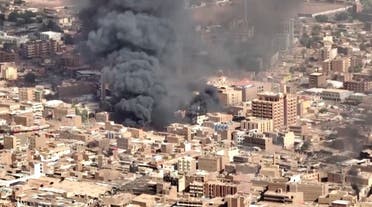
Many are also not coming forward to report the abuses due to the stigma and shame involved.
“It’s not just the stigma, but the fear as well, with the common understanding being that no one will be able to help and [making the ordeal public] will only spell more trouble and problems for the families,” said Sara Abdelrazig.
Forced disappearances
Along with sexual violence, thousands of women and children have also gone missing in Sudan, with many kidnapped after the war began.
“A lot of women have just disappeared and are being held captive in detention centers by the RSF,” Sulaima told Al Arabiya English.
“Women and girls have been kidnapped at gun-point from right in front of their helpless family members, particularly in Halfaya and Masalma,” she added.
“RSF denies taking women hostage, but people who have managed to escape from the detention centers have told us that they have seen hundreds of women and children in those camps,” Sulaima added.
Pregnancies being reported
As the war approaches its fifth month, many Sudanese women have started reporting pregnancies, following their sexual abuse months earlier.
Widespread lootings and thefts across the nation, as reported by the UN and Doctors Without Borders (MSF), have also resulted in people not being able to access even basic medical aid, let alone contraceptives.
“Nearly four months into the conflict, women are finding it hard to access the medications they need to prevent pregnancies. So, some are now coming forward [with disclosures],” Sulaima said of the rape victims.
She also said a deliberate destruction of menstrual hygiene products, as the war intensified, cannot be ruled out either.
Leading human rights group Amnesty International in its latest report on Sudan has documented cases amounting to “sexual slavery,” accusing the warring factions of war crimes.
One of the cases in the report highlights how a 25-year-old woman was raped this June by three men in El Geneina, West Darfur.
She told Amnesty International: “There is no safety anywhere in El Geneina. I left home because there was shooting everywhere … and these criminals raped me. Now I’m afraid I may be pregnant … I can’t cope with that.”
The testimonies by the victims in the Amnesty report have revealed that almost all the rape cases have been blamed on the RSF and its allied forces.
The 56-page report also states that civilians have been indiscriminately targeted and killed in Sudan.
No end in sight
Several attempts to broker peace and ceasefire agreements between the warring factions, mediated by the US and Saudi Arabia, have so far failed.
The war has plunged Sudan into a humanitarian catastrophe, with sexual violence being committed on a “sickening scale” across the country, according to the UN.
Around 25 million people in Sudan – more than half the country’s population – are in dire need of humanitarian aid, with an estimated 20 million facing an acute hunger crisis.
More than 3,000 people have been killed since the war began, according to the Sudanese Ministry of Health, with at least 435 children killed and 2,025 injured, says UNICEF.

